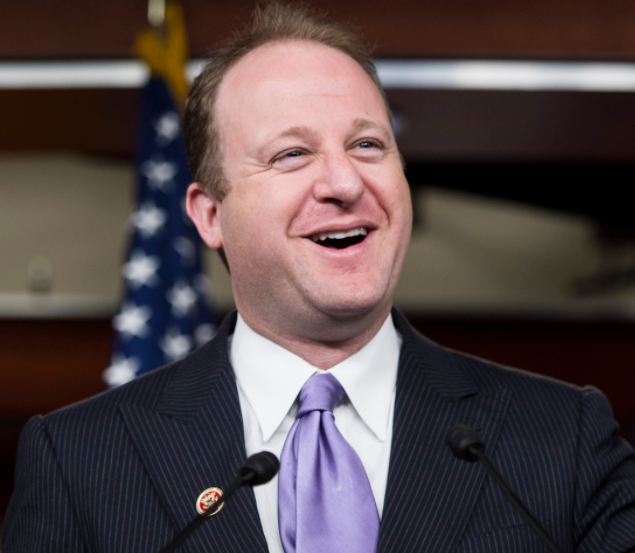On April 16, Governor Jared Polis attended a Loveland roundtable event hosted by the Northern Colorado Manufacturing Sector Partnership to discuss the potential impacts of the tariffs recently enacted by the Trump administration. The discussion was attended by more than 35 Colorado manufacturers and 30 industry partners.
“Today, I heard from Colorado manufacturers who were crystal clear: Trump’s tariff tax increase is bad for our economy, could shutter businesses, and will destroy good-paying jobs, all while raising costs on hardworking Coloradans,” Polis said. “The ongoing uncertainty of tariffs being flipped on and off at the whim of the President will continue to worsen the recession and stifle investment. If the President truly cares about American manufacturing, he must ditch these failed tariffs that have already done damage to our economy that could last years.”
President Trump has signed executive orders implementing 25-percent tariffs on steel and reciprocal tariffs against other countries, but has put a 90-day pause on the reciprocal tariffs while the leaders of the other countries continue negotiations. The pause is effective for all countries except for China.
John Sage, president of Vergent Products in Longmont, was also at the roundtable and expressed concerns regarding the tariffs in the electronics industry. “The uncertainty of the tariff implementation is making it challenging as we are hearing mixed signals and anxiety from our clients in the electronics industry,” he said. “We are seeing an uptick in activity to onshore projects from China as our clients are searching for certainty in managing their product costs. We are also watching for early signals of recession due to inflation and economic slowdown, but we are not observing this so far as our production backlog of orders remains strong.”
Western Steel, a Colorado Springs company, has praised the steel tariffs. “What we hope that the tariffs will bring is some sort of stability to U.S. pricing,” the company said. “It allows a little bit more money to be made... on the intermediate level like us."
The farming industry is also concerned with how the tariffs may affect American agricultural producers. Chad Franke, president of Rocky Mountain Farmers Union (RMFU), told Colorado Biz, “We oppose tariffs that negatively impact family agriculture. Before (tariffs on imports from Mexico and Canada) actually took effect, they negotiated and pushed it back. Nothing actually happened as far as actual implementation, but the uncertainty around that scares a lot of farmers.”
Franke said the United States typically sells into premium markets, but the added tariffs from a trade war could relegate US producers into secondary markets.
Marc Arnusch of Arnusch Farms in Keenesburg expressed cautious optimism about the potential result of the tariffs. He told Colorado Biz that there were benefits from the tariffs implemented during Trump’s first term.
“It really helped us in Colorado export a lot of meat, a lot of wheat and, to a lesser extent, corn and milo,” he told Colorado Biz. “It feels like we could really win in Colorado if China would open up their borders to more imports of milo, sorghum, millet, red meat and potentially some dairy. I think Colorado growers would definitely win in that kind of situation.”
Arnusch expressed concern that trade wars with Mexico could prevent Modelo and Corona from buying a significant portion of the farm’s barley crop.



